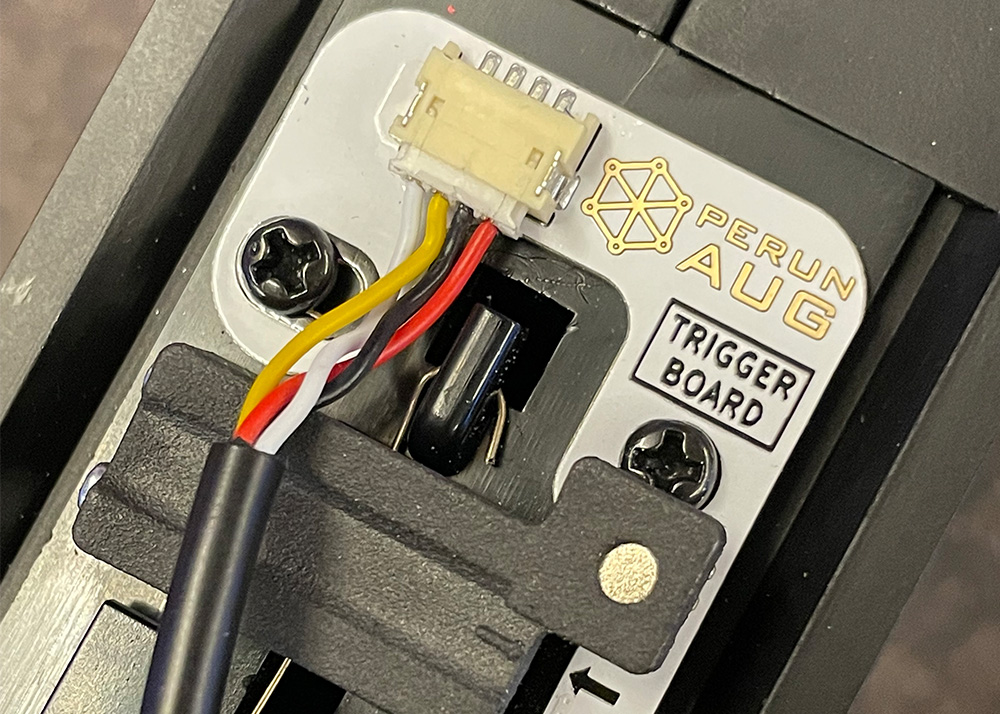DARPA Is Preparing Something Better Than The GPS
Gungho Cowboy
28 Mar 2015

According to PC World, the U.S. government is finding the existing Global Positioning System (GPS) getting to be unreliable. There are blindspots and the signals can be jammed. They want a better and much reliable system that can give real time position tracking technology that can be used by the various branches as they go about with their assigned tasks and missions.
As always, they can turn to the DARPA, the Defence research institute which has gifted the world some wonderful and magical tools that we are now taking for granted, such as the Internet. DARPA has been working on something much better and flexible to give the U.S. Military a strategic advantage. Not that the existing GPS has not given the U.S. Military that, but it is already an old system; potential enemies can jam the signals; and there are areas in the world in which there's no GPS signal that can be received. For U.S. soldiers on the ground in those locations, supporting them would be tough.

In a document released by DARPA, one of the points in their rethinking of complex military systems, is to improve Position, Navigation, and Timing (PNT) without GPS:
Fine-grained PNT is no longer a luxury for the warfighter; it is absolutely essential. That has turned the sophisticated satellite signals on which PNT depends into potential vulnerabilities. To address this concern, DARPA is developing a family of highly precise and accurate navigation and timing technologies that can function in GPS-denied environments and enable new cooperative and coherent effects from distributed systems.
This would entail development of new self-contained instruments could track position, time and direction of motion way better and without the need to rely on external sources. This means, that they will be working, in DARPA's actual words, on cold-atom interferometry; chip-scale self-calibrating gyroscopes, accelerometers and clocks; and pulsed-laser-enabled atomic clocks and microwave sources.
Apart from those, especially to address blindspots, they are looking into tapping into multiple sources to determine real time position without the use of positioning satellites called the All Source Positioning and Navigation or ASPN. PC World mentions that DARPA is working on sensors that can pick up signals from various sources such as cell sites, TV signals, Radio Signals, and even other satellites. With more positioning sources that can tapped, an accurate and more precise positioning system can be achieved.
The present GPS will still continue with its life rather than abandoned outright since the new system will take years to research, build, and setup. But once this system is in place, we civilians can expect that the technology will soon trickle to commercial devices that we can use for our daily lives. With commercial technologies being developed to have door-to-door delivery drones, and even self-driving cars, this DARPA project can give us more benefits that we cannot derive with the existing system that we have right now.

















